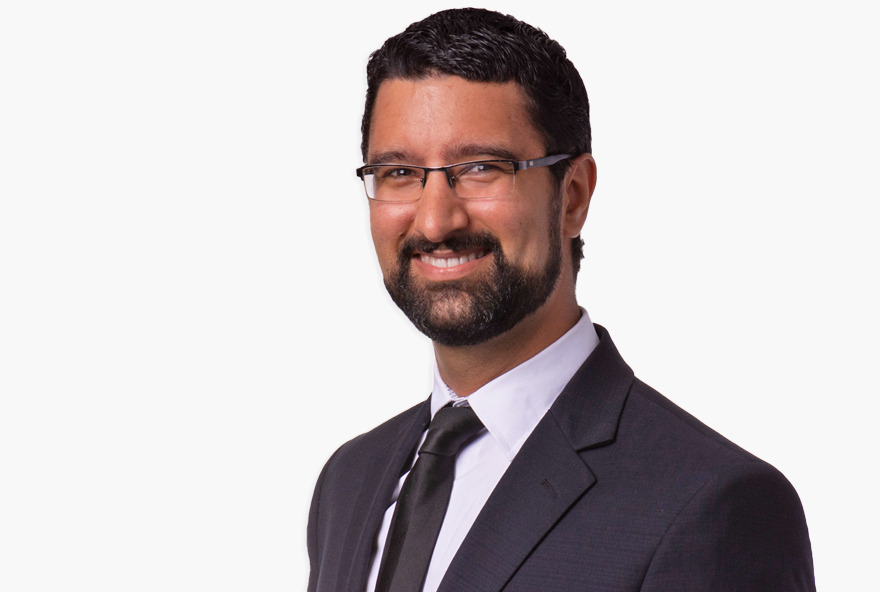
Trusts are a flexible and tax effective structure that are ideal for building passive wealth. With close to 1,000,000 registered trusts in Australia (per the ATO data) there are several key advantages, but these need to be balanced with the cost and additional administration of operating a trust structure.
Unlike many accountants who focus primarily on business entities, we have a team dedicated to working with families and clients to devise and implement strategies that enhance, build and protect family wealth for future generations.
Key advantages
Key principal advantages of the family trust structure are:
- This central family wealth investment vehicle provides flexibility in income distribution and tax benefits, allowing the trustee to allocate funds according to the beneficiaries’ needs or tax brackets.
- It offers significant estate planning opportunities, ensuring that your assets are managed and distributed according to your wishes even after your passing. It also can help reduce potential estate taxes and bypass probate, guaranteeing a smoother wealth transfer.
- Presents substantial asset protection benefits, especially when utilising a corporate trustee. When properly structured, this allows for a clear distinction between personal assets and trust assets, safeguarding your wealth from potential personal liabilities.
- Can be used as an alternative to superannuation. A discretionary trust does not have contribution limits and generally is unrestricted in what it can invest in with no borrowing limitations. With various caps on contributing into superannuation, a trust is becoming the next best vehicle.
Unlike companies, trusts are not typically obligated to publicly disclose their beneficiaries or the terms of their deeds, providing a greater degree of privacy.
What is a trust?
A Trust is not a separate legal entity, but it is recognised as a separate entity for tax purposes. The trustee is legally responsible for the operation of the trust and is bound by the trust deed, which governs how the trust must operate.
| The trust deed is a documented relationship between: |
| The trustee/s: We generally recommend a company act as the trustee of the trust. This allows for clear separation of assets between the family and the trust. |
| The beneficiaries: The trust deed will identify persons, or classes of persons, that may benefit from the trust. These may include particular individuals, their relatives, and entities controlled by them. It is important to adopt a trust deed that is flexible enough to meet the needs of the growing family and its wealth. |
| The settlor: The person or entity providing the settled sum to legally establish the trust. |
| The appointer: Generally ultimately control the trust and can remove the trustee. |
Annual distribution consideration
Each year, the trustee will generally be required to make a determination as to the distribution of income that has been generated by trust assets during the year. Depending on the flexibility of the trust deed, it may be possible to distribute income in a way that produces a more efficient tax result than if the trust assets had been held by a particular individual.
Care should be taken in formulating the annual distribution strategy, as distributions to certain classes of individuals (such as minors or non-residents) may incur taxation at a penalty rate, as may a failure to fully distribute the income of the trust for the year.
It is important to note, even though the trust deed allows for flexibility of distributions, the ATO requires the nominated beneficiary to be taxed on the distribution income and to enjoy the benefit of the distribution (this is Section 100A).
Further, if your trust is in receipt of professional services income there are additional integrity provisions which need to be considered.
As an example, a Trust generates $90,000 of net rental income in a given year. Under the deed the trustee will have the power to allocate the income amongst several family members using its discretion. The trustee chooses to distribute $30,000 each to the adult children and the remainder to Mum. Compare this to the relative inflexibility of Mum and Dad owning the property jointly, based on the 2025 financial year income tax rates, Medicare levy and applicable tax offsets applied:
| Family member | Joint ownership | Trust ownership |
| Dad (marginal tax rate 47%) |
$45,000 investment income $21,150 tax payable | $0 investment income $0 tax payable |
| Mum (marginal tax rate 19%) |
$45,000 investment income $4,863 tax payable | $30,000 investment income $1,588 tax payable |
| Child 1 aged over 18 years at university (marginal tax rate 21%) |
$0 investment income $0 tax payable | $30,000 investment income $1,588 tax payable |
| Child 2 aged over 18 years at university (marginal tax rate 21%) |
$0 investment income $0 tax payable | $30,000 investment income $1,588 tax payable |
| Total tax payable on investment income | $26,013 | $4,764 |
| Potential annual tax saving |
$21,249 | |
Further aspects to consider
Succession planning
A trust is often a preferred vehicle for achieving family succession in an efficient and relatively seamless manner. Control of the trust may be passed on to the next generation through the transfer of control of the trustee company to the children. This allows for better management of stamp duty and capital gains tax issues that frequently arise in a succession scenario.
State taxes
We note as stamp duty and land tax are state taxes, each state will have its own rules.
A discretionary trust would be treated as a ‘special trust’ for NSW land tax purposes. This type of trust does not receive a threshold for land tax purposes and is taxable from the first dollar of land value. Consideration should be given to the potential additional land tax consequences of purchasing property inside the trust.
Further to this in NSW, from 1 January 2021 discretionary trusts will need to exclude foreign resident beneficiaries from its class of beneficiaries otherwise they will be subject to a surcharge for land tax and stamp duty purposes. This can be completed at time of trust establishment.
Corporate beneficiary (possible future add-on)
The corporate beneficiary is a second company, generally owned by the Trust, which improves the overall asset protection profile by enabling profits to be retained within the investment structure, and allows more flexible management of distributions amongst family members and other trust beneficiaries over time.
A corporate beneficiary has access to the company tax rate, which can reduce the overall family tax burden and maximise funds available for investment purposes.





